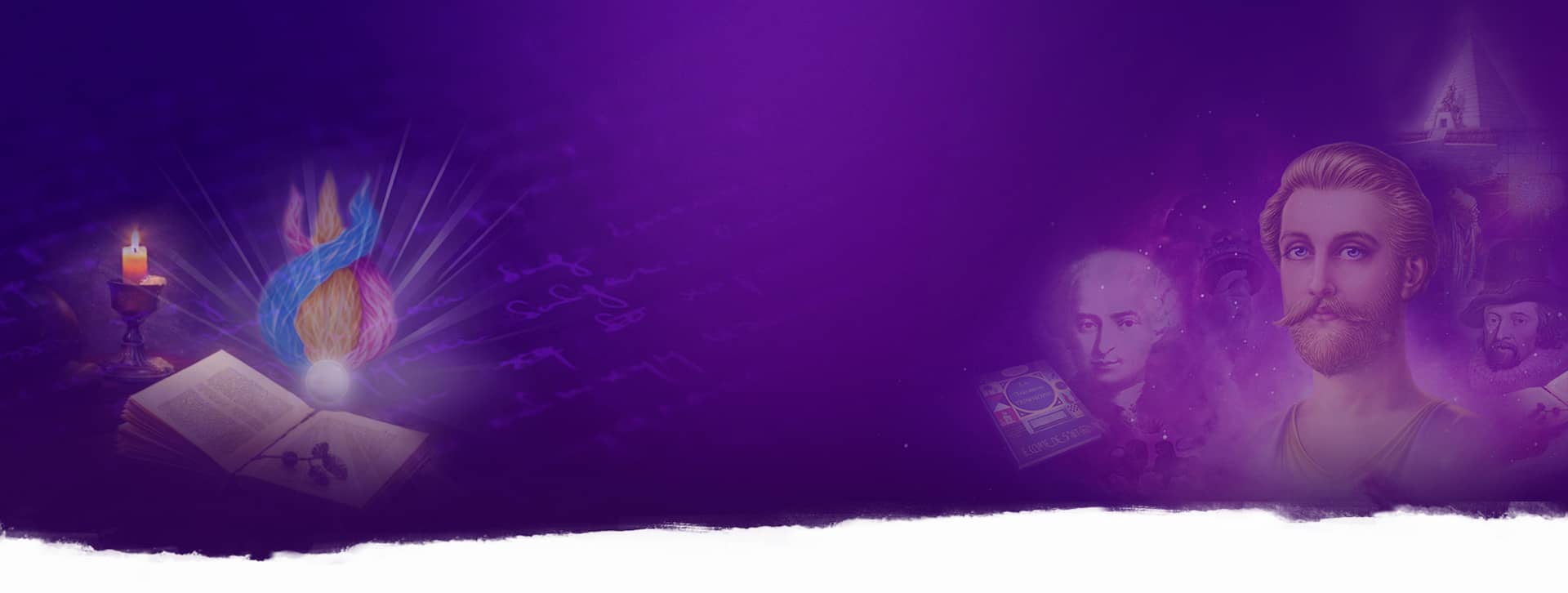This video clip is a preview of a 2-DVD set, 2 hours 52 minutes, $19.95, #DVG10009. Buy “I Believe in the United States of America” by Elizabeth Clare Prophet.
Here is the transcript of this YouTube video, “The Story of William Shakespeare” Part 3 of “I Believe in the United States of America” by Elizabeth Clare Prophet:
Now we come to William Shakespeare, who is without question the greatest writer of all time; that is, his works are the greatest works ever written. But, like Columbus, he is a man of mysteries.
Mark Twain wrote:
You can trace the authentic life-histories of the whole of them [the world's celebrities]. Save one—far and away the most colossal prodigy of the entire accumulation—Shakespeare!
About him you can find out nothing. Nothing of even the slightest importance. Nothing worth the trouble of stowing away in your memory. Nothing that even remotely indicates that he was ever anything more than a distinctly commonplace person—a manager, an actor of inferior grade, a small trader in a small village that did not regard him as a person of any consequence, and had forgotten all about him before he was fairly cold in his grave.
We can go to the records and find out the life-history of every renowned race-horse of modern times—but not Shakespeare's! There are many reasons why…but there is one that is worth all the rest of the reasons put together…—he hadn't any history to record.
So says Mark Twain.
Well, William Shakespeare was a resident of Stratford. He couldn't read or write. But somehow he acquired a substantial sum of money, bought an interest in the Blackfriars Theatre in 1589, and by 1602, he was a wealthy man. He went into business as a moneylender and died at the age of fifty-two after a “drinking bout with Ben Johnson.”
The plot thickens.
Shakespeare left nothing to posterity—not a book, a desk, or a manuscript, no library, and no shred of personal correspondence. The only thing the illustrious William Shakespeare wrote for certain were the signatures on his will.
According to J.P. Baxter, author of The Greatest of Literary Problems, “The vocabulary of an English peasant [a Stratford villager]” would be “less than four hundred words…. The author of the ‘Shakespeare' Works employed a vocabulary of twenty-one thousand words”—twenty-one thousand words (You'd have to be the incarnate Word itself to know that many words!)—three times the number used by Milton, a large number of which never had been used by any previous English writer.
Who wrote the works attributed to Shakespeare? Some people just still won't believe that Francis Bacon wrote those works. Well, the Elizabethan poet had much in common with the famous admiral. He had a secret identity, led a double life, and wrote in code—whoever this Elizabethan poet was.
Shakespeare, according to one school of thought, used not one cipher, but a variety of codes: the bi-literal cipher, the great cryptogram, anagrams and acrostic spellings, a numerical cipher, and a clock cipher. Entwined around the initial letter B on the title page of The Tempest is the real author's name Francis Bacon.
Why did Bacon hide his identity and write in code? Very simple: to save his life.
For when the Shakespearean code is deciphered, it reveals that Sir Francis Bacon was the firstborn son of Queen Elizabeth, “the Virgin Queen,” and the Earl of Leicester.
The decoded cipher in the 1623 folio reads, “Queen Elizabeth is my true mother, and I am the lawful heir to the throne. Finde the cypher story my bookes containe: it tells great secrets, every one of which (if imparted openly) would forfeit my life.”
It is said that the works of Shakespeare were written by England's greatest group of intellectuals under Bacon's ingenious direction. Bacon called them his “pens”–among them, Sir Walter Raleigh, Francis Drake, Edmund Spenser, Tobie Matthew, John Donne, Ben Jonson, Lancelot Andrewes, and George Wither.
The Literary Rosicrosse, a secret literary society, was founded by Bacon. The members were sworn to the allegiance of Pallas Athena. “She was usually placed on the Greek Temples with a Golden Spear in her hand. When the morning rays of the sun glinted on the weapon, causing it apparently to tremble, the common people were in the habit of saying smilingly: ‘Athena is Shaking her Spear again.” She was thus known as ‘the Spear Shaker' or ‘the Shaker of the Spear.' This was the Goddess to whom Francis Bacon plighted his troth when a youth.”
This video clip is a preview of a 2-DVD set, 2 hours 52 minutes, $19.95, #DVG10009. Buy “I Believe in the United States of America” by Elizabeth Clare Prophet.

